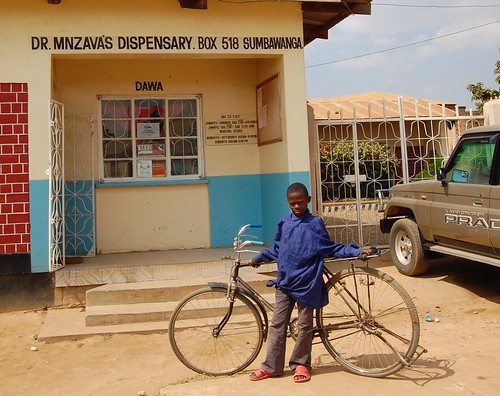I want to share a story with you. But first, I should tell you that this whole post is nothing more than my complaints about people who don't tip. So if you don’t want to read it, you can stop right now.
There is no worse time of year for the pizza delivery driver than this, when the snow falls quickly and heavily and the plows can’t keep up and people don’t bother to shovel their driveways. And it has been bad lately. With all of the winter storms and lake effect snowfall, the drifts piled up high over the mailboxes, obscuring addresses and spilling over to block driveways and hide walkways.
Oh, and the economy has been bad too.
And so it was that I found myself one night last week, on an unfamiliar street just before my shift was to end. As I counted down the house numbers, I eventually arrived at what must have been the proper address, though I couldn’t tell because there was no light to illuminate the numbers above the door. It was (at best) a modest apartment building in a poor neighborhood. I saw no driveway, no pathway, so I parked my car on the street, beside a mound of snow that peaked just below chest-level. Snow had long since found its way into my shoes and through my socks and melted against my skin, so I simply stepped up into the mound, and the light above their door flicked on, and the door flew open.
A young boy stood inside, shivering, and behind him I saw the blue glow of television, illuminating the walls and shining through the blinds on the windows. Since I saw no pathway to him through the snow, I asked if there was a back door or another way. He said nothing, only stared at me, ogling the hot bag in my hands. So I trudged over the hill and across their lawn up to the door. Inside, one of the largest televisions I have ever seen stretched across one of the walls, showing the Pistons game to the homeowners and anyone within a two-block radius.
He had been charged with the duty of delivering the money to the pizza guy, and I could see the bills in his hand. Having done this for years, I know exactly what it means when you meet a child at the door: There will be no tip. Grown-ups, at least most of them, are aware of the unwritten rule that people who provide a personal service are to be compensated by the consumer in addition to the employer. Children are not aware of this. So people who are too cheap to tip take advantage of their kids and send them to the door as sentries of ignorant cheapness rather than confess their cheapitude to another working adult.
And so, with the bill for the pizza being $12.71, the kid handed me exactly $12.71. I handed him the pizza, thanked him, and checked the score of the Pistons game on their jumbotron. He walked away without ever saying a word to me.
This was a lower class neighborhood, and the majority of the people on that block were not in the financial position to tip their pizza man lavishly. But there is no excuse to ever stiff the pizza man, unless he’s rude or obviously incompetent or has big fat rims and neon under his car. I don’t expect big tips from poor people, and I know the economy is bad. But: If you cannot afford to tip, you cannot afford to order pizza. (Unless you’re an elderly shut-in.) And if you can afford to drop $12 on a pizza when you could get one from the grocery store for $4, you can also afford to pay your driver a few dollars more to bring it to you. And if you can afford a TV visible from space, you can afford to tip your driver. And if you’re going to ask someone else to risk their life on dangerously slippery, snow-covered streets because you don’t want to risk your own, you should compensate a little more.









